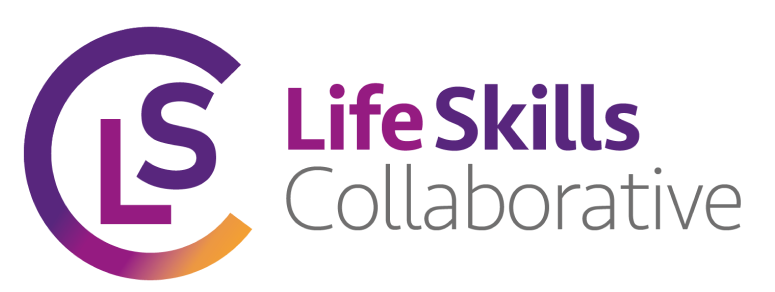- /
- /
-
The new definition of ‘employability’ will drive employment in the future.
The new definition of ‘employability’ will drive employment in the future.

A recent McKinsey Global Institute research paper states that in the post-Covid workplace, the need for manual and physical skills for employability, as well as basic cognitive ones, will decline, but demand for technological, social and emotional, and higher cognitive skills will grow.
The research identified a set of 56 foundational skills that will benefit all citizens and showed that higher proficiency in these skills is already associated with a higher likelihood of employability, higher incomes, and job satisfaction. Divided into four categories and 13 skill groups, these skills have been defined as:
1. Cognitive skills – Critical thinking, Planning and ways of working, Communication, Mental Flexibility
2. Interpersonal skills – Mobilising systems, Developing relationships, Teamwork effectiveness
3. Self-leadership – Self-awareness and self-management, Entrepreneurship, Goals achievement
4. Digital – Digital fluency and citizenship, Software use and development, Understanding digital systems
World over, governments, academia, businesses, policy makers, civil society, individuals and other stakeholders recognise that developing these skills are as important as developing academic capability, but there is some confusion about devising curricula to teach what is not defined. Therefore, more attention on developing modules to impart these skills is not merely necessary, but imperative as well.
Life Skills Collaborative has been focused on developing assessment tools to impart these necessary skills on adolescents for their future readiness. Our assessment tools are not only tailored according to different contexts and needs, they also measure the readiness of the education system for the life skills interventions.
Developing a workplace-ready workforce in India
For India, with more than 41% of its 1.39 billion population below the age group of 18 years, the need to increase employment-ready skills is critical.
Even before the pandemic, India’s demographic dividend of a ‘young workforce’ was only a numerical strength. A vast majority of Indian youth have no clear professional knowledge, little understanding of career options and very few hard skills and competencies. Surveys have shown that they are deficient in soft skills required for employability such as communication, decision making capabilities, workplace ethics and attitudes, relationship building capacities, team spirit and leadership skills.
Equipping this budding workforce with not merely all of the above-mentioned skills, but also the mechanisms to work in a post -Covid environment can be a huge challenge. More so, in the absence of a youth-centric Life Skills development framework.
India must roll out a formal Life Skills development curriculum for its young people. The framework for this must include physical health and hygiene, mental well-being, character development, social relationships, professional development, social contribution, financial literacy, crisis management, empathy and domain knowledge. The methodology for imparting these skills should ideally be experiential for it to have lasting impact. Role play, games, debates, life-like situation analysis sessions and other such proven methodologies can make it possible for young India to learn skills that will increase their readiness to join the workforce of the future.



